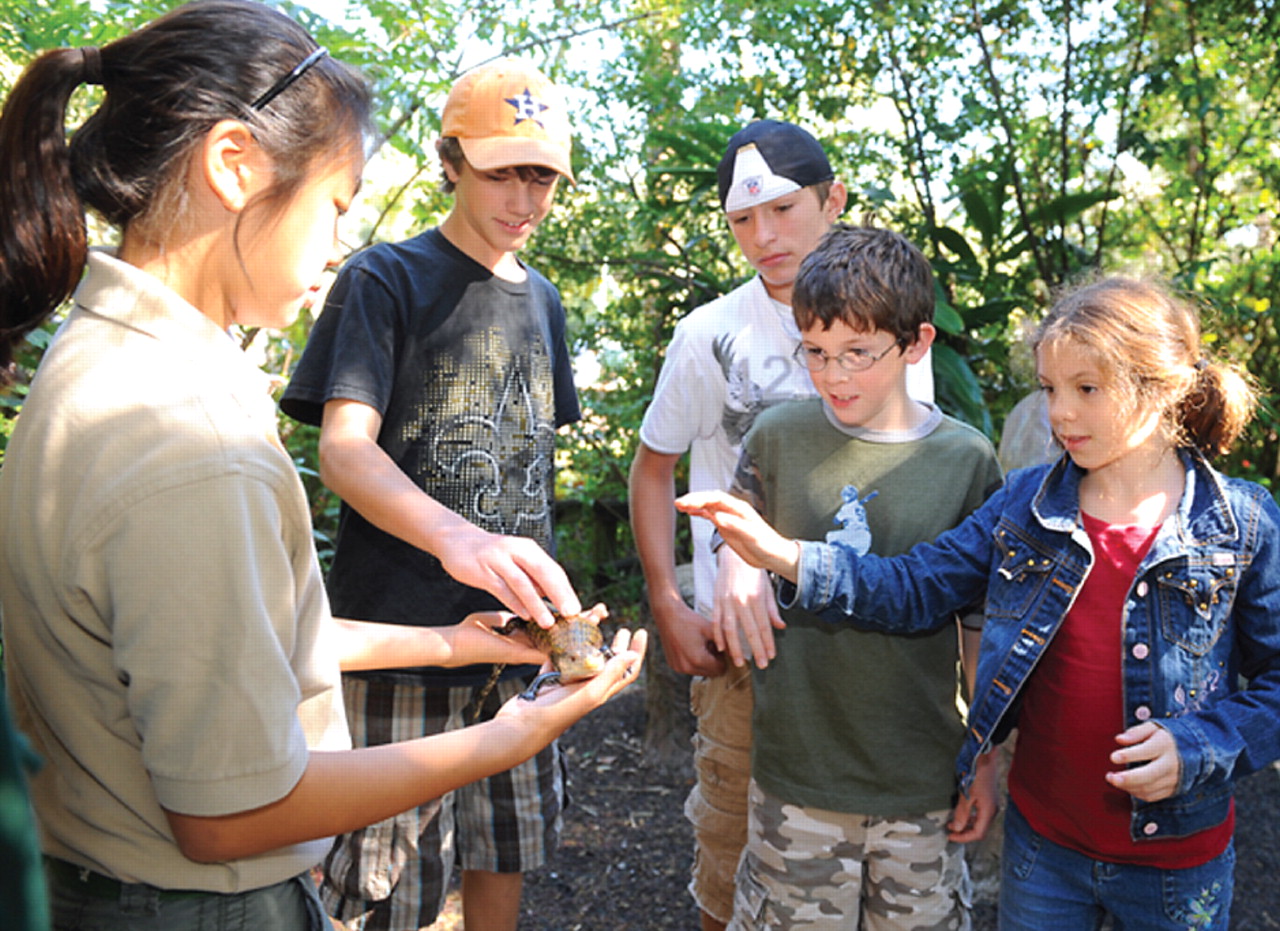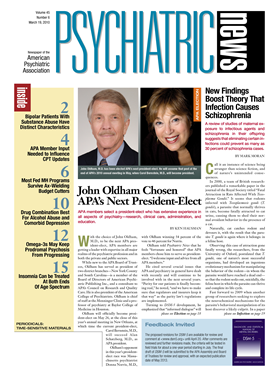Philip spends a couple of days a week at the Audubon Zoo in New Orleans, planting flowers or providing helpful information to visitors.
The expansive, highly regarded zoo is located in the Uptown area of the city, near the end of the famed St. Charles Avenue trolley line.
Philip (which is not his real name, for reasons of privacy) began volunteering at the zoo's horticulture department in 2004. He may plant flowers, sweep the walks, cut the grass, or spread mulch, depending on the season and the need.
He is not alone, said Llewellyn Everage, the zoo's adult volunteer coordinator, in an interview. “We've welcomed volunteers since the zoo opened in the 1920s.”
More than 200 volunteers now offer their services and about 10 percent are people with special needs like Philip, who has been diagnosed with a serious mental illness.
All volunteers first go through orientation sessions, which are followed with one of three more specific training tracks: horticulture, “Ambassadors,” and animal care. Volunteers learn in depth about specific areas of the zoo, like the reptile exhibit or the Jaguar Jungle.
The program is not a rehabilitation service, said Everage. There is no special track for persons with mental disabilities or other special needs. Anyone can volunteer, go through the training, and help out in any part of the zoo's operation for which they qualify.
“All volunteers become empowered to be an expert in their area of training and can disseminate information to the public,” she said.
After Hurricane Katrina, Philip began training for the Ambassador program, whose members help visitors around the zoo. Ambassadors begin by concentrating on one area of the zoo. For the last three months, Philip has worked in the Louisiana Swamp and Jaguar Jungle areas of the park one day a week. He walks around with a walkie-talkie, offering visitors information and suggesting what to see inside the park.
He also cleans cages and feeds the animals in the swamp area. “I'm happy I'm working over there,” he said.
The advantages for people like Philip are clear. Even if they cannot hold down a regular job, volunteering at the zoo gives them a chance to get out of the house, take part in meaningful work, and interact with other people.
That may not be therapy in the formal sense, but it helps, said Edward Foulks, M.D., medical director of the Jefferson Parish Human Services Authority East Bank Division.
“It's a wonderful resource for my patients—a kind of natural occupational therapy,” said Foulks in an interview.
Volunteering at the zoo has been a part of Philip's life for six years. Soon, he will go back for more training, taking classes once a month to learn about reptiles and the Asian domain to expand his expertise and continue his contribution to the zoo, its inhabitants, and its visitors.

